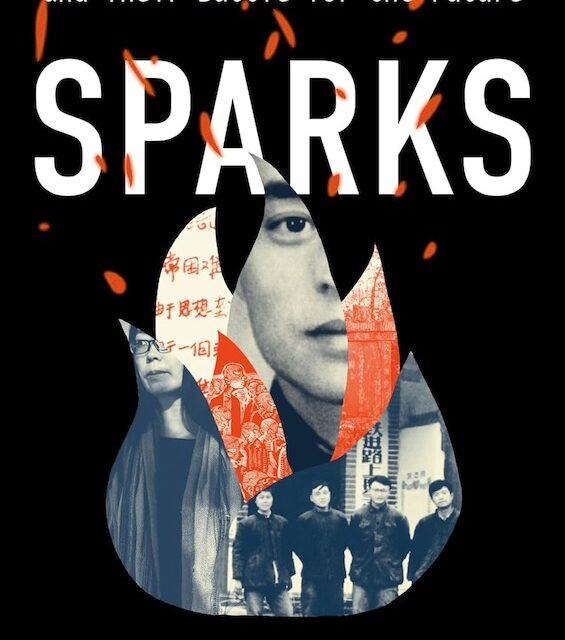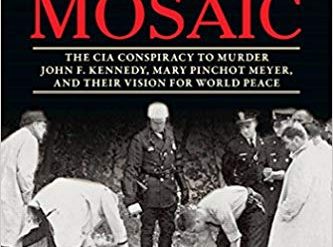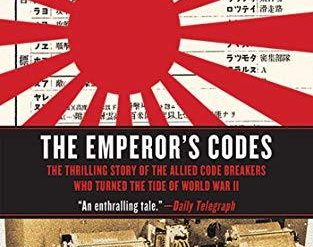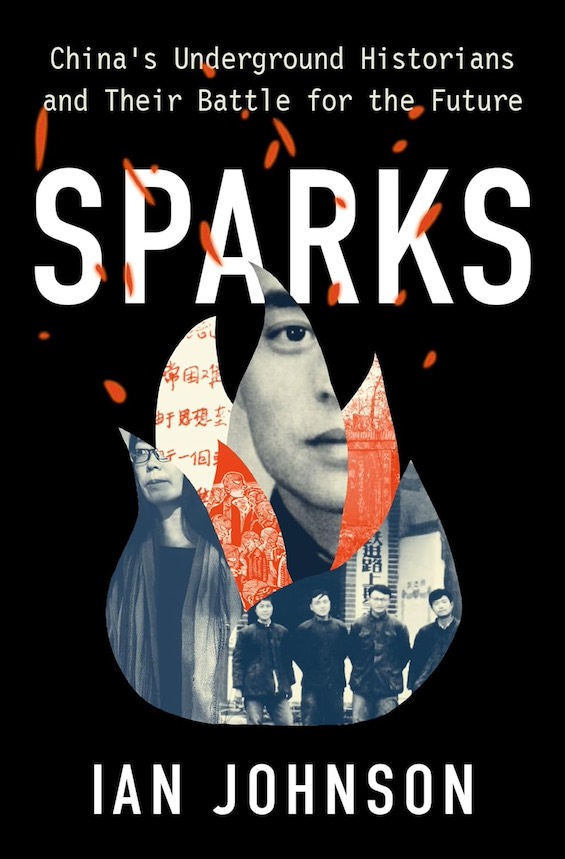
History exerts a powerful force on the present. Why else would battles rage over the historical record around the world? In the United States, for example, some insist slavery was the central driver in our history, while others fight back fiercely. And in Russia, where the Putin regime seeks to downplay Stalin’s crimes while millions of Russians resist, remembering the pain. But nowhere has the war over history been waged with such determination, or the facts so deeply buried, as in China. Journalist Ian Johnson exposes the truth about Chinese history in Sparks. He shows how Xi JInping is rewriting the story of Mao Zedong’s catastrophic campaigns to re-engineer Chinese society. But Johnson doesn’t dwell on the mechanisms of the Party’s totalitarian reach. Instead, he introduces us to those courageous individuals who risk the threat of prison or worse to report and preserve the truth about China’s past.
Estimated reading time: 5 minutes
A nationwide network of stubborn truth-tellers
As Johnson writes in a preface, “For modern Chinese leaders, history legitimizes their hold on power: history chose the Communist Party to save China; history has determined that it has succeeded; and history blesses its continued hold on power. This history is of course written by the party, . . But a growing number of Chinese see the Party’s monopoly of the past as the root of their country’s current authoritarian malaise.” Johnson calls these people underground historians “as a shorthand for a broad group of some of China’s brightest minds.”
These underground historians “have melded into a nation-wide network that has survived repeated crackdowns.” They’re academics. Independent filmmakers. Underground magazine publishers. Novelists, artists, and journalists. What unites them is a passionate commitment to dig out the truth about some of the sorriest episodes in China’s past and place it into the historical record. Some reach an audience domestically through social media as well as readers outside the Great Firewall. But most know that few if anyone will see what they’ve learned until many years have elapsed. Still, the truth will have been told.
Sparks: China’s Underground Historians and their Battle for the Future by Ian Johnson (2023) 397 pages ★★★★☆
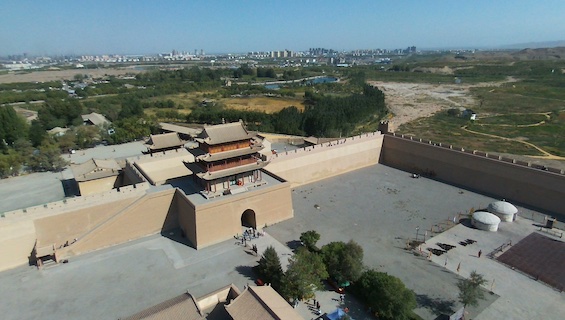
Defying Xi Jinping and the Communist Party
The courageous underground historians profiled in Sparks are exploring the darkest chapters in China’s history under Mao Zedong. Defying Xi Jinping and the Party he dominates, they’re systematically bringing into the light eyewitness testimonies that give the lie to the Party line. About the land reform of the early 1950s, when millions of peasants were identified as “landlords” and murdered. The Anti-Rightist Campaign of the mid-50s, when Mao cracked down on freethinking officials after drawing them out into the open in the Hundred Flowers Campaign. The Great Leap Forward, which led to the deaths by starvation of as many as forty-five million people in the Great Famine that ensued. And, of course, the Cultural Revolution, that spasm of homicidal violence triggered by Mao’s effort to outflank his enemies in the Party. All this and more is grist for the historians’ mill, challenging Xi Jinping’s effort to rehabilitate Mao.
Johnson tells this story by visiting “places of memory” scattered all across the vast Chinese homeland. Battlefields. A former labor camp for political prisoners. Poor villages where students “sent down” in the Cultural Revolution worked, and sometimes died. And the National Museum of China that flanks Tiananmen Square, which glorifies Xi’s whitewashed history. At these and other historic spots we meet the men and women whose selfless labors hold out hope for a future era in China when people matter more than the Party.
About the author

Ian Johnson won the Pulitzer Prize in 2001 for his articles on the persecution of the Falun Gong in China, among many other honors for his writing. A Canadian-born American, he lived for a total of twenty years in Beijing and is one of the nation’s most knowledgeable and insightful observers of the country. Sparks is the fourth of his books and the third about China. He has also written numerous essays and articles for the New York Review of Books, the New York Times, and the Wall Street Journal. Johnson studied journalism and Asian affairs at the University of Florida and received a master’s degree in Sinology from the Free University of Berlin. Currently, he is working on a PhD on Chinese religious associations at Leipzig University.
For related reading
For another recent book that seeks to unravel China’s contemporary politics, see The Dean of Shandong: Confessions of a Minor Bureaucrat at a Chinese University by Daniel A. Bell (An insider’s view of the Chinese political system). And for a biography of China’s maximum leader today, see Party of One: The Rise of Xi Jinping and China’s Superpower Future by Chun Han Wong (An insightful biography of Xi Jinping).
You’ll find other good books on related topics at 30 insightful books about China and 20 top nonfiction books about history.
And you can always find my most popular reviews, and the most recent ones, on the Home Page.

